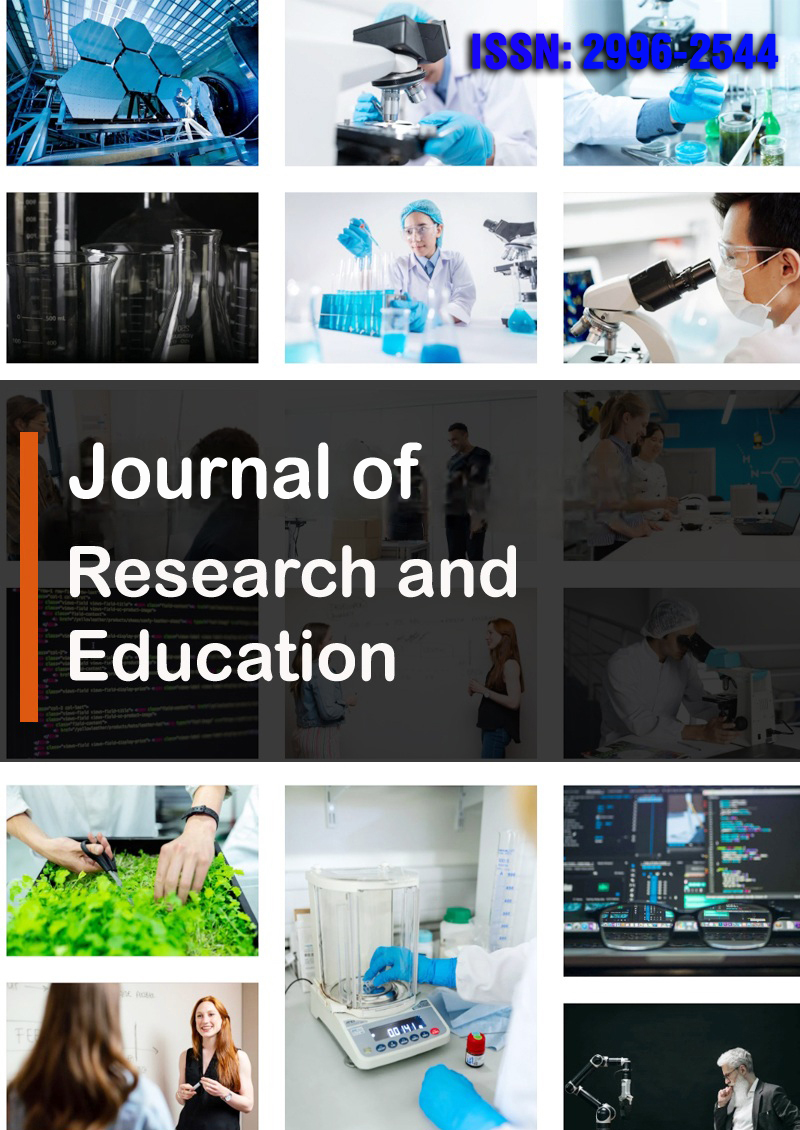Analysis of Renewable Source Self-Consumption Systems: Energy, Economic and Social Impact
Abstract
Carlos Armenta-Deu and Raul Fernandez
This work analyzes renewable source self-consumption systems as an alternative to conventional fossil fuel sources for the residential, commercial, and industrial sectors. The proposed configuration is a hybrid array of individual or combined renewable energy sources like photovoltaic panels, wind turbines, hydroelectric micro-turbines, low enthalpy geothermal or biomass units, etc. The paper studies the energy balance for a prototype installation based on standard energy consumption and power supply from renewable sources, aiming to optimize the system performance by saving energy, increasing efficiency, and minimizing energy waste. The paper also analyzes the feasibility of the proposed configuration, its capacity for variable operating conditions adaptability, and the implementation factor in modern society. This work also evaluates the environmental impact of self-consumption systems powered by renewable sources in urban areas, which are deeply sensible to pollutant gasses emissions. The simulation analysis shows that this solution reduces greenhouse gas emissions and helps mitigate climate change by reverting the carbon dioxide balance in the atmosphere.



